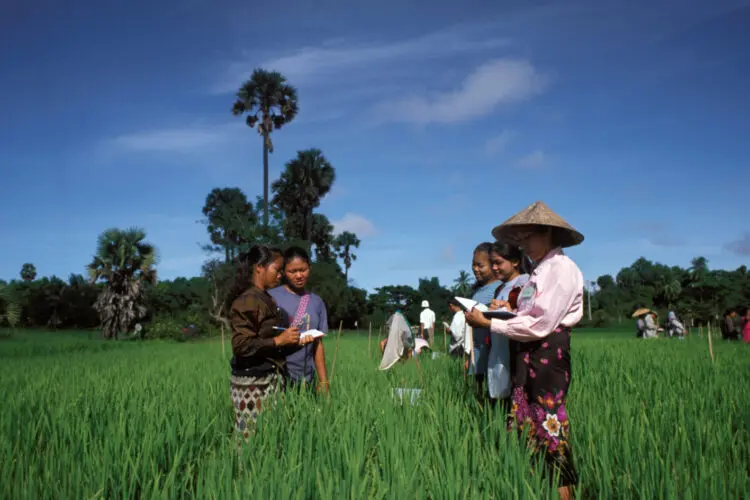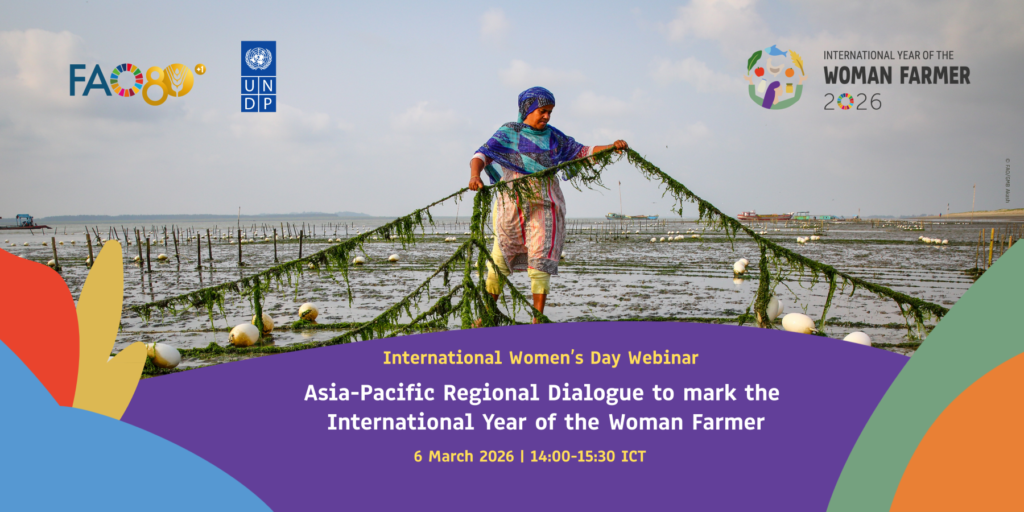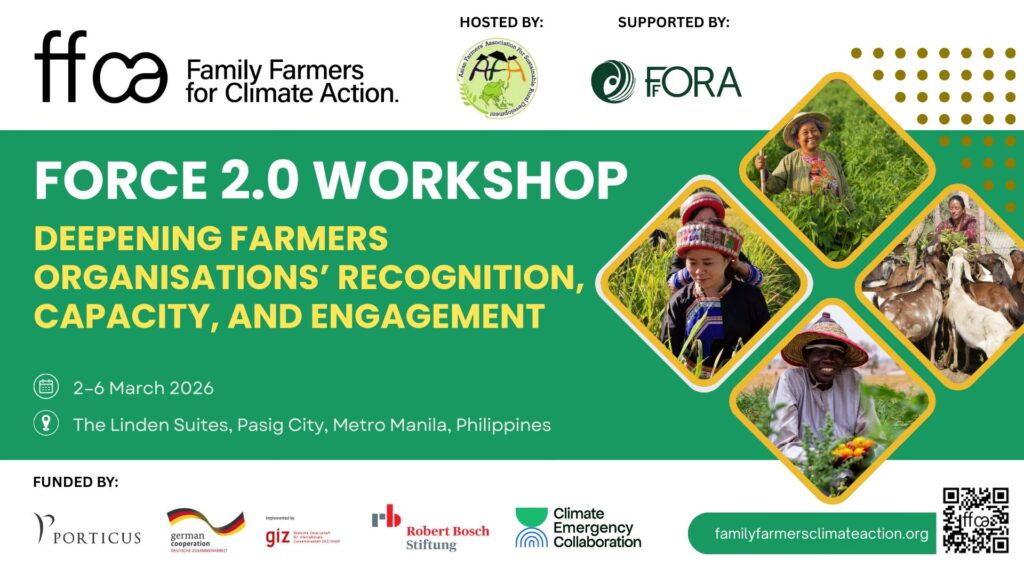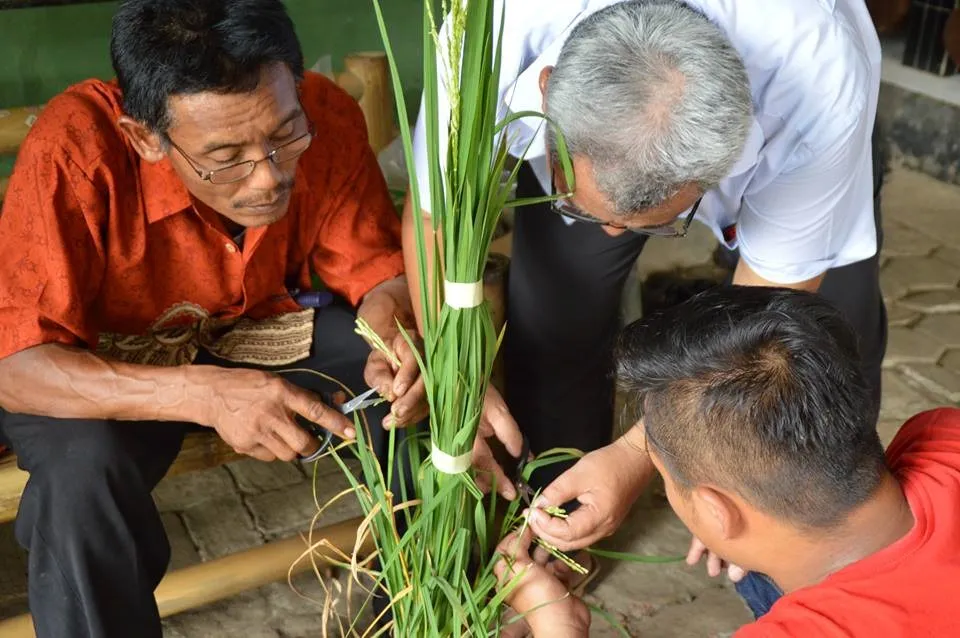
Asian women in agriculture to reap grants from int’l bank
Asian women from rural communities in India, Sri Lanka, and the Philippines will enjoy access to more funding, agricultural trainings, and technology as multinational investment and financial services company Deutsche Bank (DB) devotes its corporate social responsibility efforts to their agriculture sector through partnerships with various non-government organizations.
Biodigesters in India
DB is offering financial grants to women farmers in India, enabling them to access the latest farming equipment and technology such as biodigesters. Through its partnership with the Center for Microfinance, these devices were installed to convert organic waste into biofertilizer and biogas, which would reduce costs for farmers but still increase yield. The biogas also serves as a renewable energy source for cooking, offering significant cost savings for low-income households.
Honey production in Sri Lanka
DB is collaborating with non-government organization (NGO) Ruk Rakaganno to assist women in rural and farming communities. The collaboration focuses on establishing sustainable honey production as an additional income for rural households.
Culturally and traditionally, honeybee is staple to Sri Lankan households, often used as a sweetener and as an indigenous herbal-based medicine. However, the demand has made honey farming and hunting an environmental threat due to the unsustainable farming practices, such as destroying beehives.
Through the partnership, the NGO offers a sustainable alternative, offering women the infrastructure and training needed to ethically and properly raise bee colonies. This project is seen to educate the younger generation on environmental conservation and bind the community through a sustainable yet profitable venture.
Filipina youth in agriculture
DB has joined forces with Gawad Kalinga Community Development Foundation to provide scholarships to the youth interested in pursuing a career in agriculture and food production — a path not usually taken by the newer generation of Filipino workforce.
Opportunities offered to young women from family farming backgrounds include enrollment to the School for Experiential and Entrepreneurial Development, also known as SEED Philippines, a pioneering agri-education school providing an education-based solution to rural development.
Students can also earn a National Certificate on Organic Agricultural Production from the Technical Education and Skills Development Authority (TESDA). Such opportunities aim to secure sustainable and stable employment for young women in low-income farming families.
Moreover, this initiative is expected to boost the dropping rate of agriculture workers, which is consistently dipping through the years. The country’s agricultural workforce went down from 35% to 26% in the last ten years, from 2008 to 2018.
Article contributed by Dean Valmeo, ComDevAsia intern.
References:
Deutsche Bank. (2024). Empowering women in Asian agriculture. Deutsche Bank. Website. https://www.db.com/news/detail/20240307-empowering-women-in-asian-agriculture?language_id=1
Deutsche Bank. (2023). Our Philippines office has gifted produce to low-incomes families this festive season. Linkedin. https://www.linkedin.com/posts/deutsche-bank_dbinthecommunity-dbborntobe-activity-7009094733125832704-Xaze?trk=public_profile
Food and Agriculture Organization of the United Nations (2024). Agriculture Census and Surveys. Food and Agriculture Microdata Catalogue. https://microdata.fao.org/index.php/catalog/agriculture-census-surveys/?page=1&sort_by=popularity&sort_order=desc&ps=15&repo=agriculture-census-surveys
Rodriguez, O. (019). DA urges youth to go agri. Department of Agriculture. https://www.da.gov.ph/da-urges-youth-to-go-agri/



